Crispy Pizza Crust Recipe – Perfectly Golden, Irresistibly Crunchy! 🍕
If you’ve ever bitten into a slice of pizza and heard that delicate crackle before the flavors even hit your tongue, you know exactly why a crispy pizza crust is worth chasing.
This isn’t about a generic crust. This is about a golden, blistered, crackling base that can hold a mountain of toppings without ever going soggy. And once you master this recipe, you’ll never settle for limp or doughy pizza again.
I’ve been making pizzas in my home kitchen for over a decade — experimenting with flour types, hydration ratios, proofing times, and baking techniques. This crispy pizza crust recipe is the one I’ve perfected after years of tinkering, and today, I’m sharing every little secret with you.

Why You’ll Love This Crispy Pizza Crust
- Crisp on the outside, airy inside – The perfect bite.
- Strong enough for heavy toppings – No sagging slices here.
- Authentic Italian technique – A nod to Naples with a hint of New York edge.
- Customizable – Works for thin-crust purists or slightly thicker lovers.
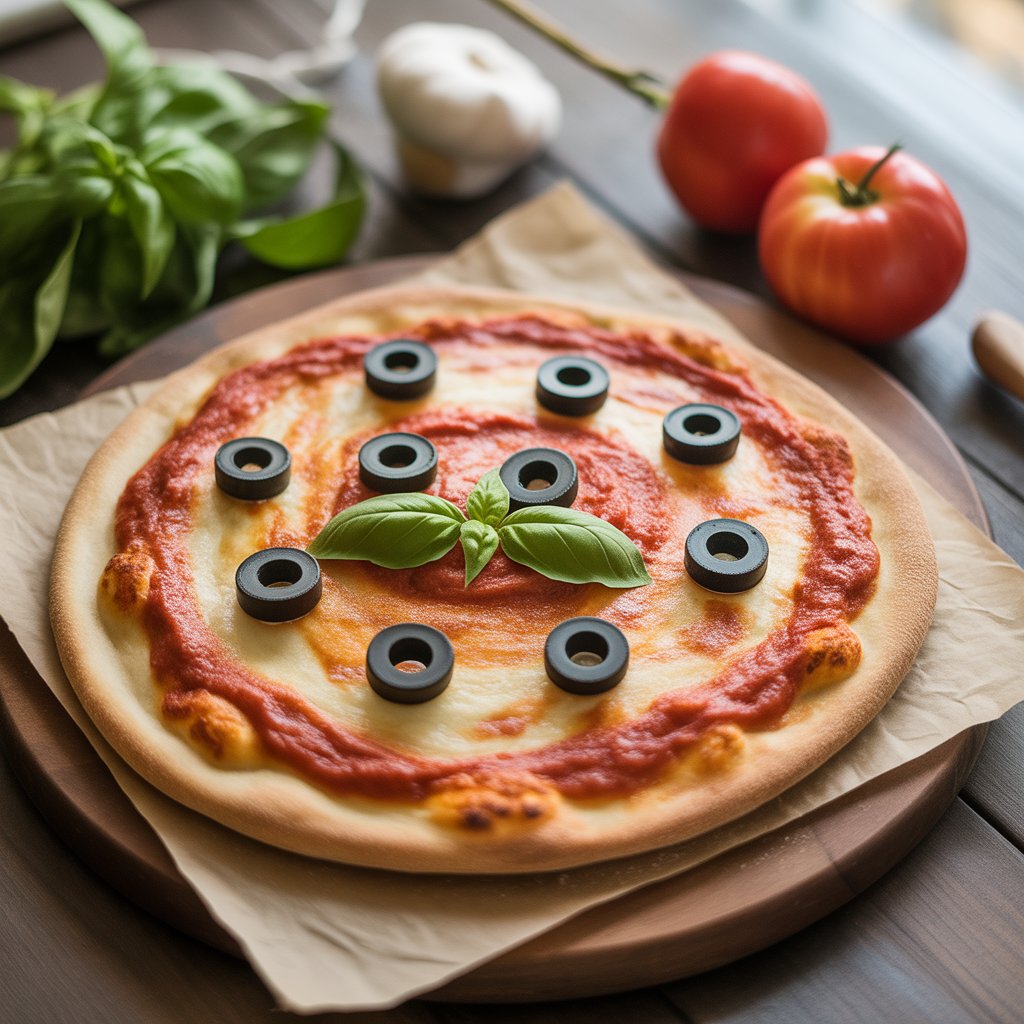
Ingredients & Measurements
Here’s everything you need for a medium-thin crust pizza that yields a crisp finish.
| Ingredient | Measurement | Notes |
|---|---|---|
| Bread flour (high protein) | 3 cups (360 g) | For maximum gluten strength |
| Instant yeast | 2 ¼ tsp (7 g) | Fast, consistent rise |
| Lukewarm water (95–100°F) | 1 cup (240 ml) | Activates yeast |
| Olive oil | 2 tbsp (30 ml) | For flavor & crisp texture |
| Sugar | 1 tsp (4 g) | Helps browning |
| Fine sea salt | 1 ½ tsp (9 g) | Essential for flavor |
| Semolina flour | 2 tbsp (20 g) | For dusting the peel |
| Cornmeal | 1 tbsp (10 g) | Optional, adds crunch |

Step-by-Step Instructions
1. Activate the Yeast
In a large mixing bowl, combine lukewarm water, sugar, and yeast. Let it sit for 5–8 minutes until foamy.
Tip: If there’s no foam, your yeast may be expired or the water too hot.
2. Mix the Dough
Add bread flour and salt to the yeast mixture. Mix with a wooden spoon until shaggy. Add olive oil and continue mixing until combined.
3. Knead for Gluten Development
On a lightly floured surface, knead the dough for 8–10 minutes until smooth and elastic. You should be able to stretch it thin without tearing (windowpane test).
4. First Rise (Bulk Fermentation)
Place dough in an oiled bowl, cover with a damp cloth, and let it rise 1–2 hours at room temperature, or until doubled in size.
5. Cold Fermentation (The Secret to Crispy Crust!)
For unmatched flavor and crunch, refrigerate the dough for 12–24 hours. This slow fermentation strengthens gluten and develops complex flavor.
6. Preheat the Oven — and Stone or Steel
Place a pizza stone or steel in your oven and preheat to 500°F (260°C) for at least 45 minutes. The hotter, the better.
7. Shape the Dough
Gently deflate the dough and divide if making multiple pizzas. Using your hands, stretch the dough from the center outward, leaving a thin middle and slightly thicker edges.
8. Assemble the Pizza
Dust your pizza peel with semolina flour (or cornmeal). Transfer the dough, then add sauce, cheese, and toppings quickly to avoid sticking.
9. Bake to Crisp Perfection
Slide the pizza onto the preheated stone/steel. Bake 7–9 minutes or until the crust is deeply golden and crisp, with blistered spots.
10. Cool Slightly Before Slicing
Let the pizza rest for 2 minutes before cutting. This keeps the crust from collapsing under the knife.
Tips & Tricks for the Crispiest Pizza Crust
- Use Bread Flour – The higher protein content means more gluten, which equals stronger, crisper crust.
- Less Moisture in Toppings – Watery vegetables or sauce can make the crust soggy. Pat them dry.
- Bake on Steel – A pizza steel transfers heat faster than stone, giving you a restaurant-level crisp.
- Don’t Skip the Cold Rise – It’s the difference between “pretty good” and wow.
- Finish with Broiler Heat – If you want extra char, switch to broil for the last 30–40 seconds.
- Avoid Overloading – Heavy toppings slow the bake and soften the base.
Frequently Asked Questions
Q: Can I make this crust without a pizza stone or steel?
A: Yes! Use an inverted baking sheet preheated in the oven. It won’t get quite as crisp, but it’s close.
Q: How do I store leftover dough?
A: Wrap tightly in plastic wrap and refrigerate for up to 3 days, or freeze for up to 3 months.
Q: What’s the best sauce for a crispy crust pizza?
A: A simple, slightly thick tomato sauce works best — less moisture, more flavor.
Q: Can I make this gluten-free?
A: Yes, but gluten-free flours behave differently. You’ll need xanthan gum or a pre-mixed pizza blend.
Final Thoughts & Encouragement
Making the perfect crispy pizza crust isn’t about rushing. It’s about patience, heat, and the right technique. The moment you bite into that golden, brittle edge and hear the crunch, you’ll know it was worth every minute.
I’ve made this recipe countless times — for family dinners, parties, even just lazy Sunday nights — and it never disappoints.
So get that dough rising, heat your oven until it’s roaring, and treat yourself to a pizza night that will ruin all takeout for you forever.
Because once you’ve tasted a truly crispy homemade pizza crust, there’s no going back. 🍕❤️
See Also: Cottage Cheese Pizza Crust Recipe – Light, Protein-Packed & Delicious!

Vinit Hirave is a passionate content writer for Pizzetteria Brunetti. A true pizza enthusiast, Vinit’s love for authentic flavors goes beyond the keyboard—he has hands-on experience working in a pizza shop, giving him a deep understanding of what makes a perfect slice. Through his writing, he shares stories, tips, and insights that reflect both his industry knowledge and his genuine affection for the art of pizza-making.




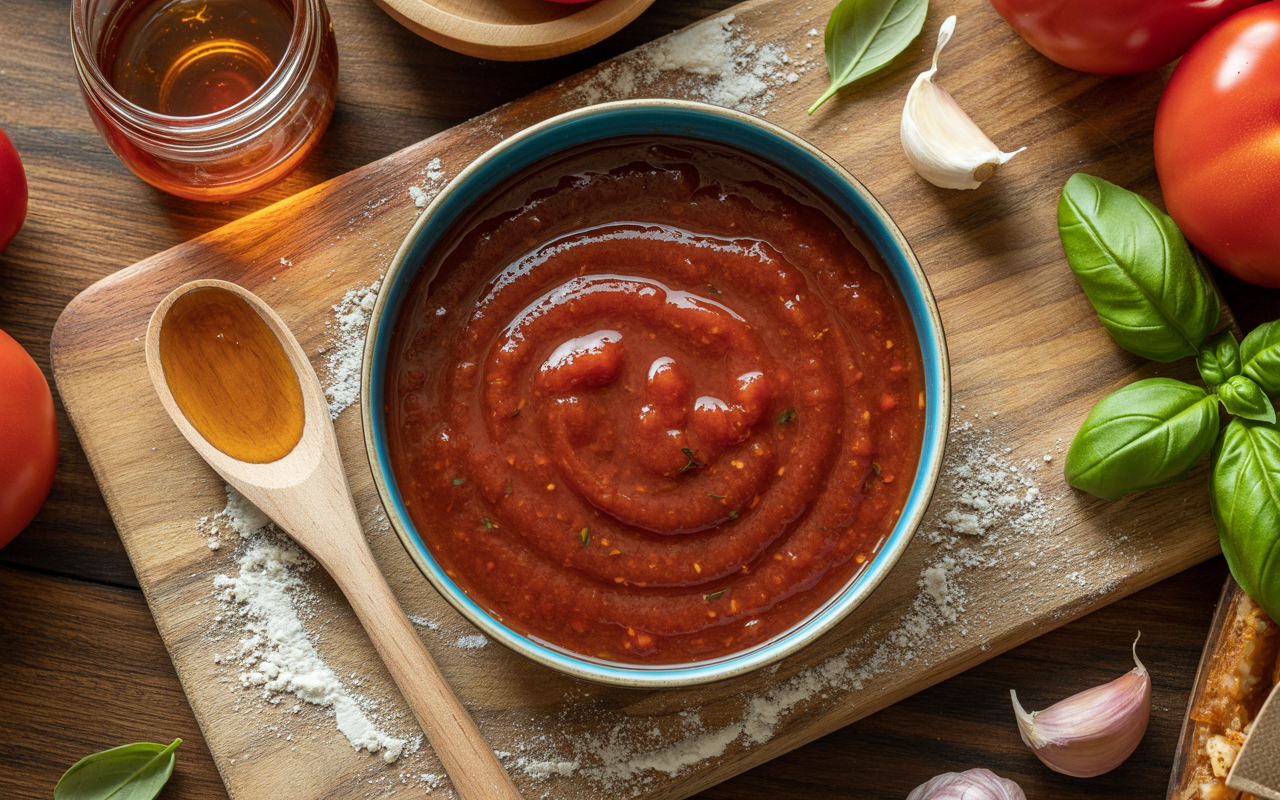


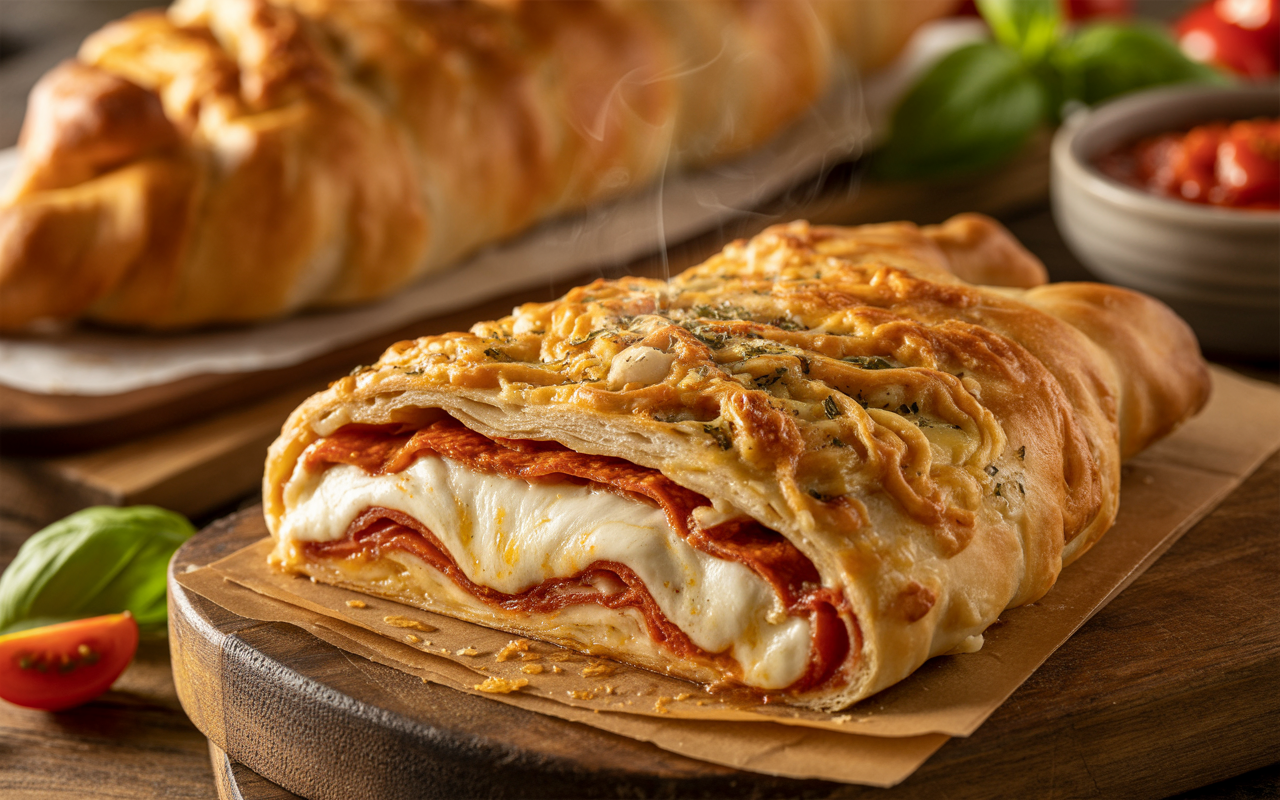
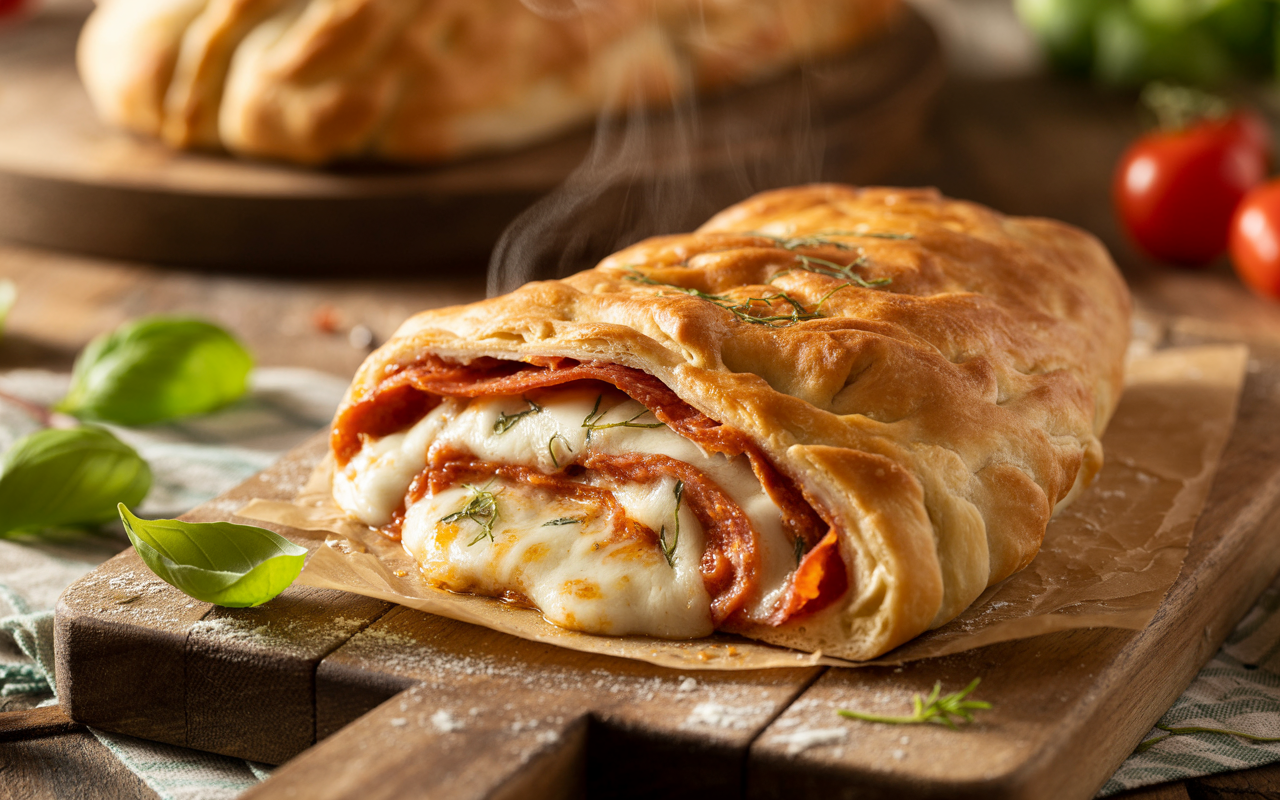
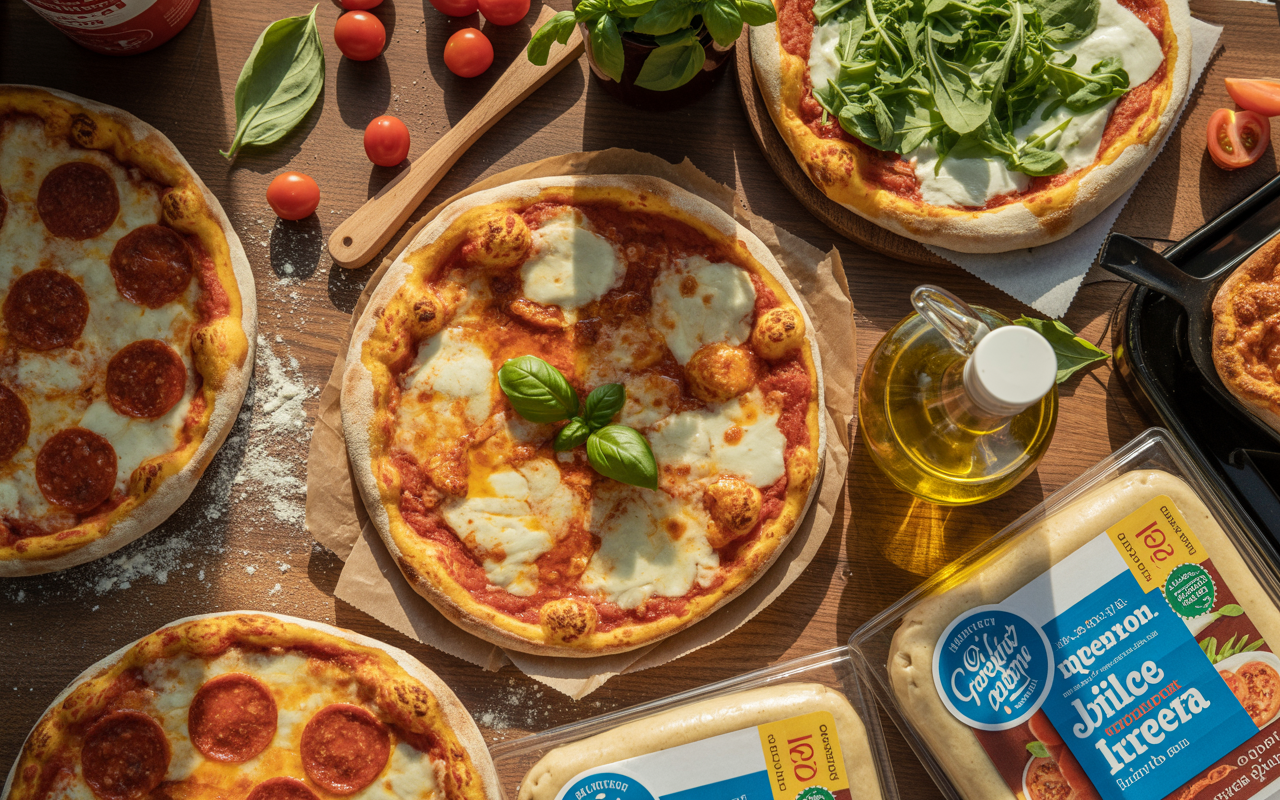
Leave a Reply